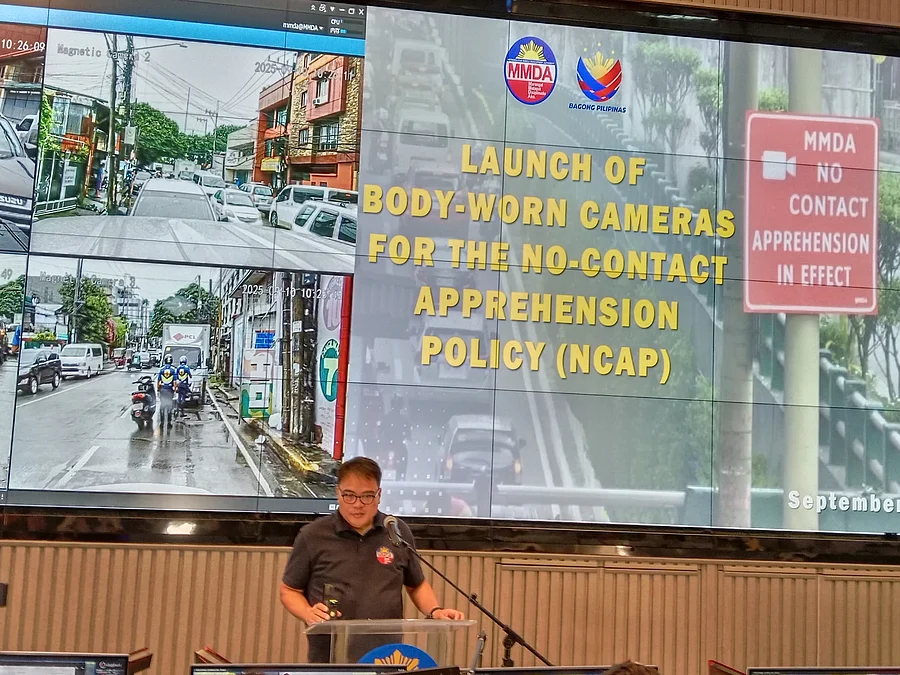
The National Alliance for Reconstruction (NAR) government came to power in 1986 and, threatened with a financial crisis, approached the international financial institutions (IFIs) for financial and technical assistance.
These institutions included the International Monetary Fund (IMF) for balance-of-payments support in pursuit of financial stability, and economic sustainability; the Development Banks (World Bank, the Inter-American Development Bank, and Investment Banks) for infrastructure development, project financing, and technical training.
Trinidad and Tobago (T&T) is a member of these institutions, like all Caricom counties, and neither the IMF nor the development banks are bogeymen or “booboomen”.
In 1988, the government appointed a Multilateral Institutions Unit (MIU) of elite economists to coordinate, organise and conduct discussions with all multilateral institutions, and to determine the potential benefits to be gained and make recommendations.
The process involved deep negotiations between the IFIs’ representatives and the MIU members, who included Winston Dookeran (minister), William Demas, Ewart Williams and Terrence Farrell.
As project analyst in the Project Financing Unit of the Ministry of Planning and Mobilisation, I accompanied the IFI team in the discussions covering a range of private and public stakeholders. The MIU was successful in its negotiations with the IMF, securing two standby agreements.
Further, a portfolio of projects was agreed to with the development banks to be overseen and monitored by the Project Financing Unit of the Ministry of Planning and Mobilisation. It was noteworthy that several senior public officers were sceptical of dealing with the IFI team for fear of any negative economic and social consequences.
T&T has a continuing formal relationship with the IFIs, which includes regular visits such as the annual IMF Article IV Consultations report. In the decade the then-government opted not to enter an IMF programme, likely fearing the political and social backlash that ruined the NAR experiment in governance. That decision could be described as “ducking the critical issues” (Daly, Express, March 9, 2025), thus leaving the new party in government to face the loud, disruptive noise.
In the current socio-economic situation, there is no alternative to an arrangement with the IFIs, starting with the IMF for immediate relief. The current Government seems to be preparing for such an arrangement by its early actions: reduction of public sector employment; rationalisation of State enterprises; alerting non-profitable State companies of changes; addressing the chronic forex issue, and reviewing the social safety net to ensure the most vulnerable citizens’ lives are improved.
The challenge is whether the new ruling party has the guts to wind up State companies competing with private businesses, as in the late 1980s; adopt an efficient managed forex float, rather than the current peg; reduce some exorbitant public sector salaries and operating costs; reduce/remove subsides gradually, including forex to non-value adding private businesses; introduce a revised property tax system more equitable to property owners and which tracks unexplained wealth; control unnecessary imports of food and other items that add no value to citizens’ lives; develop an efficient public transport system to limit private car use; and creating incentives for change in all aspects of behaviour of citizens.
Act now—or The Fire Next Time (3 Canal).
Haven Allahar
Diego Martin



